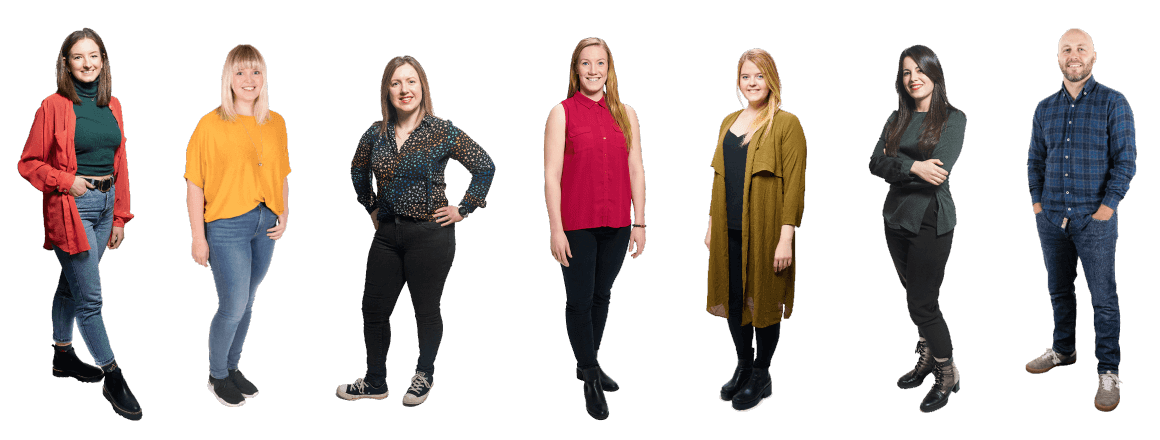Dining, drinking, tipping and more – advice from our local travel experts
Make your holiday in the Alps even more pleasant by brushing up on the local etiquette and other practical travel tips below.
Water
It’s perfectly safe to drink cold water from the tap in all our Alps destinations, unless there’s a sign stating otherwise. Save some money and be kind to the environment by using a refillable water bottle!
Local accommodation
Check-in time at most accommodation starts between 2–4 PM. If you will be arriving at your accommodation later than 6 PM, please call to let them know.
Likewise, if you would like to eat dinner at your accommodation, we recommend calling ahead, particularly if you’re staying in a rural area.
Tipping and taxes
European countries typically don’t have a tipping culture like in North America. Here, tipping isn’t compulsory, but it’s greatly appreciated when offered. At restaurants a 5–10% tip is standard or you can round up the bill in cafés or taxis.
In hotels tipping depends on the level of service, but it’s common to tip concierges for hiring a taxi, making dinner reservations, etc. As for porters, about €2 per bag is standard. And while not required, leaving a few euros for the housekeeping is always nice.
If you go on a walking tour or join another kind of guided tour, leaving a small tip is also appreciated.
You’ll also notice that local VAT (7.7–22%, depending on the country) is included in all prices. This encompasses products and services, such as at shops, restaurants, hotels, taxis, hairdressers, etc.
Switzerland is the only exception to this, where local VAT is not included in prices. The rate is 8.1%.
Food and snacks
You will find the cheapest and best variety of food to purchase at major supermarket chains.
Aldi, Lidl and Spar are among the most popular grocery chains in the Alps, and you’ll find them in every country.
You could also stop in Rewe, Merkur, Migros, Coop, MPries, Hofer, Billa or Carrefour. And you’ll be able to find good quality delis, farm shops and specialist grocery stores in the towns.
Stores are usually open 9 AM – 6 PM, though holiday hours may vary. Most supermarkets are also closed on Sundays. Quick snacks and after-hours necessities can be found at convenience stores, which are often open late in the cities.
Laundry
Most hotels offer some laundry or dry-cleaning services for a fee. You’ll also find launderettes and dry cleaners in all major cities.
Wine, beer and spirits
Aside from bars, restaurants and some hotels, wine, spirits and beers can be bought at grocery stores and various specialty shops.
The legal age to drink and buy alcohol in Europe is 18. And don’t forget that driving after consuming alcohol is discouraged.
Dining and nightlife
Restaurants tend to be busiest between 12–2:30 PM for lunch and 6–9 PM for dinner. The further south you travel, the later you’ll find the locals dine. In Italy, for example, you could eat lunch between 2–4 PM and dinner between 8–10 PM.
Outside the main cities, you’ll often find more limited opening hours and some spots might be closed on Sundays.
Getting around in the cities
The easiest way to get around the European streets in the Alps is by walking. Most major cities and towns are very pedestrian friendly and you’ll find your Nordic Visitor accommodation is conveniently located.
Public transport is also a great option in major cities and towns. The transport links are comprehensive and include buses, trams, trains and metro. It’s worth noting that bus drivers are not likely to issue change, so we recommend being prepared with the exact fare or a pre-purchased ticket.
In Munich, make use of the U-Bahn metro system and trams. In Zürich, there are trams and buses as well as an S-Bahn train. Similarly, Salzburg’s metro is called the S-Bahn.
In all the mountain towns you’ll be visiting you can make the most of the cable cars that will transport you into the clouds.
Single tickets, day passes and multi-day passes can be purchased for most modes of public transport in major cities.
Taxis are also found at central locations and outside bus and train stations, in all major cities. Taxis are likely to accept credit cards but it’s worth confirming this with the driver before your journey begins.
Contact our travel consultants if you want to know more about travelling in the Alps.
